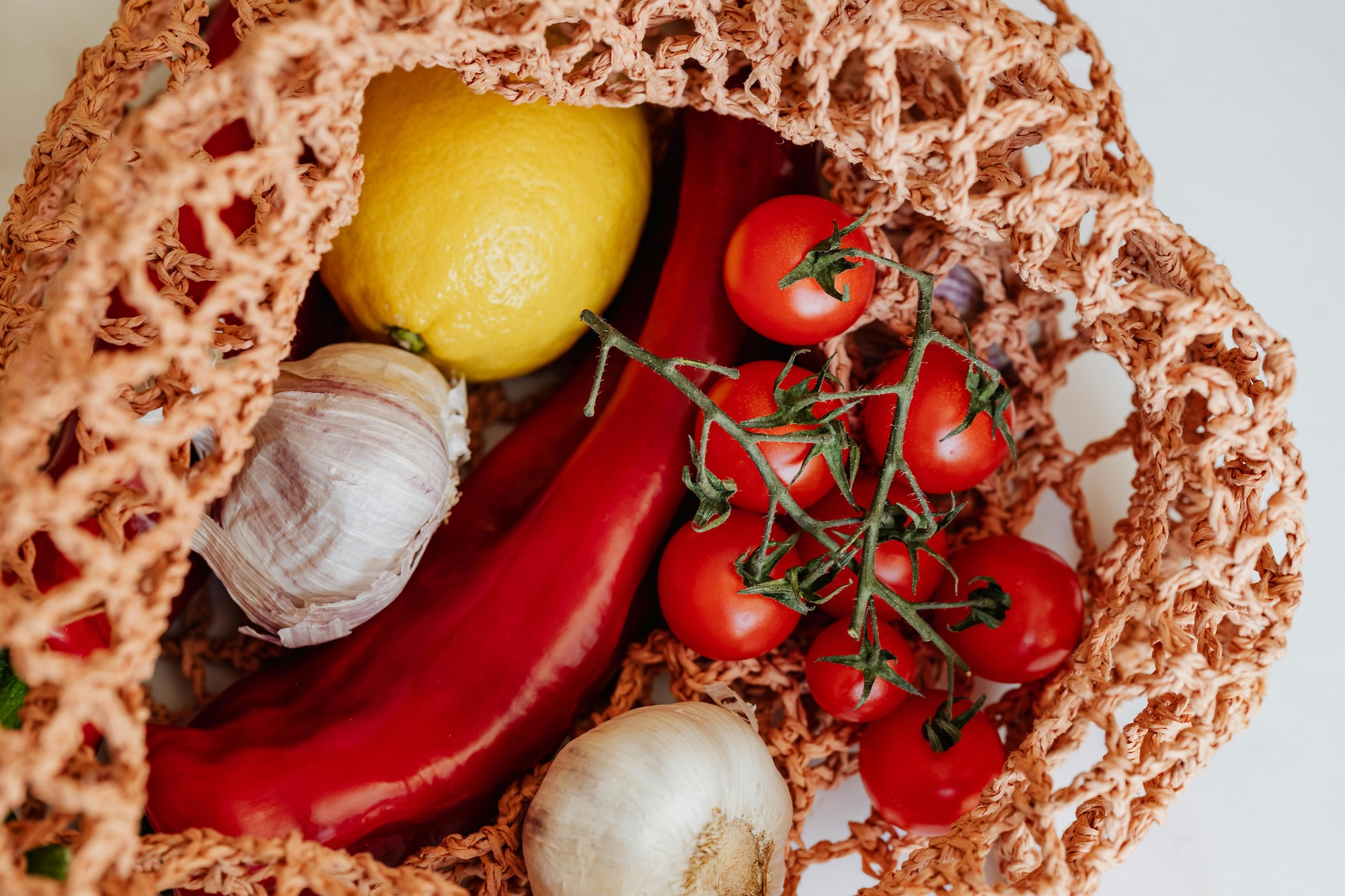Will GLP-1s change groceries and restaurant menus?

Weight loss drugs like GLP-1s and tirzepatide reduce appetite and silence persistent thoughts about food, which is translating to concerns about food sales—and some swift pivots in the food industry. (WSJ’s covered this here, here, and here, if you’ve got a subscription.)
Some also wonder how these drugs will impact the culture around food—specifically, the way we celebrate life’s occasions with feasts or enjoy the company of friends around drinks and noshes.
While big food companies have the intel and budget to jump in—Nestlé’s already announced a line of portion-controlled frozen meals called Vital Pursuit—chefs, small businesses, and restaurants are looking for more info to help them meet what will definitely be growing demand.
San Francisco’s chapter of Les Dames D’Escoffier International, an organization for women in food, beverage and hospitality, is helping culinary pros start thinking about how to change menus, products, and meals.
In March I was a panelist on a virtual panel discussion, “The Weight of Ozempic®: What happens when we no longer care about food?” inspired by a Washington Post article, “Food is one of life’s great pleasures. Will weight-loss drugs end that?” (paywall) by former WashPo business of food reporter Laura Reiley. She was one of panelists for LDEI’s convo, as was food trendologist Kara Nielsen and Marion Nestle, PhD, author of Food Politics and the Paulette Goddard Professor of Nutrition, Food Studies and Public Health, Emerita, at New York University. As a panelist, I shared my thoughts as both a culinary pro and as someone who’s taken Ozempic and Mounjaro.
My quick takes on how things might change:
- More recipes that focus on maximizing protein in smaller meals, and are very quick and easy to prepare
- Frozen and prepared meals with smaller portions and more protein
- More people buying individually-wrapped proteins, like raw or frozen fish filets and chicken breasts
- More functional foods that provide protein or ease digestive discomfort
- More ready-to-eat foods, drinks, and specialty food products with protein
- More small plates at catered events; more emphasis on stations where people can ask for the items and portions they want
- More small plates in restaurants, too; perhaps more items on bar and appetizer menus
- More mocktails on bar menus
- Zero-proof spirits will become more popular
Watch “The Weight of Ozempic” panel discussion – it’s about 90 minutes.
Comments will load here
Be the first to comment